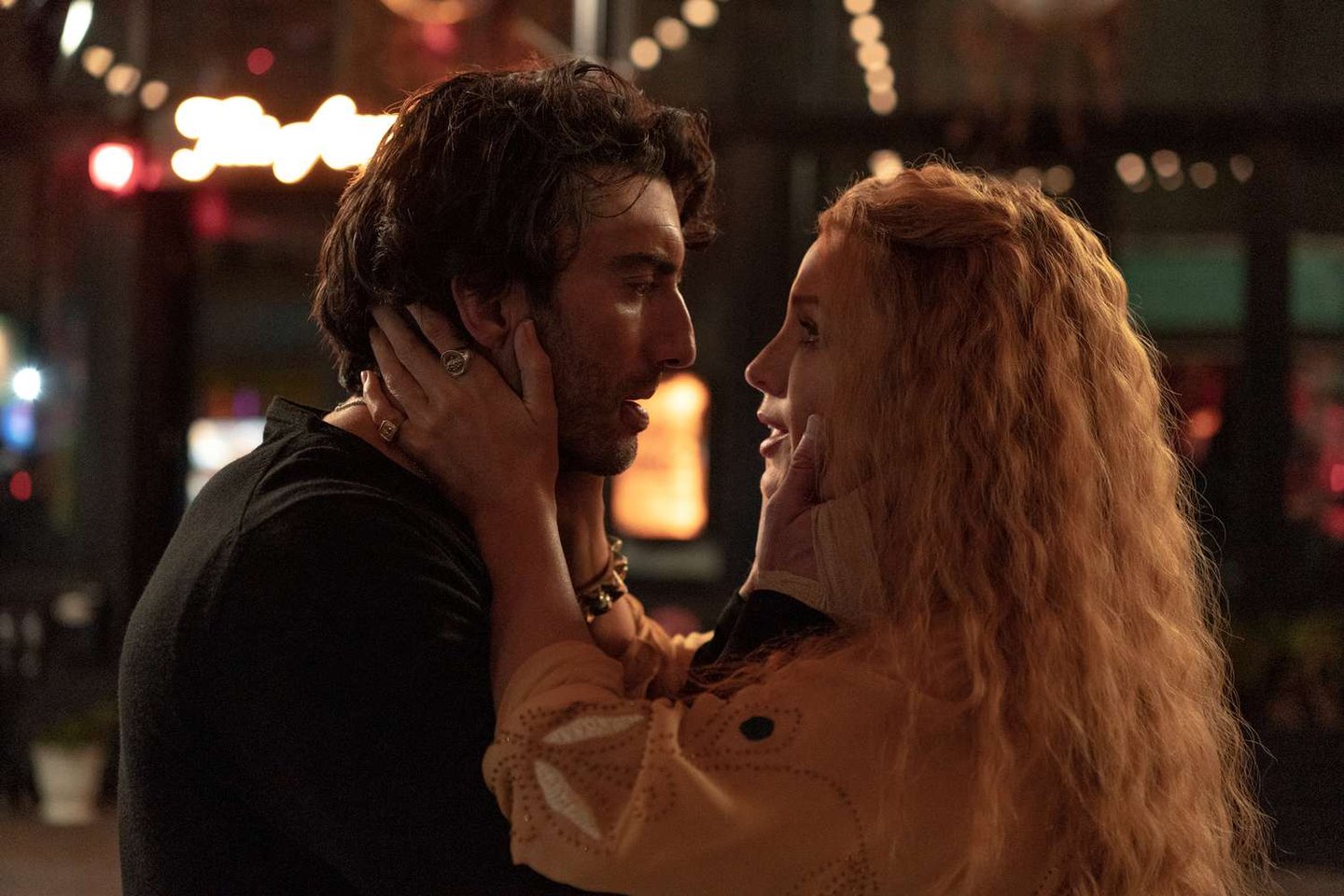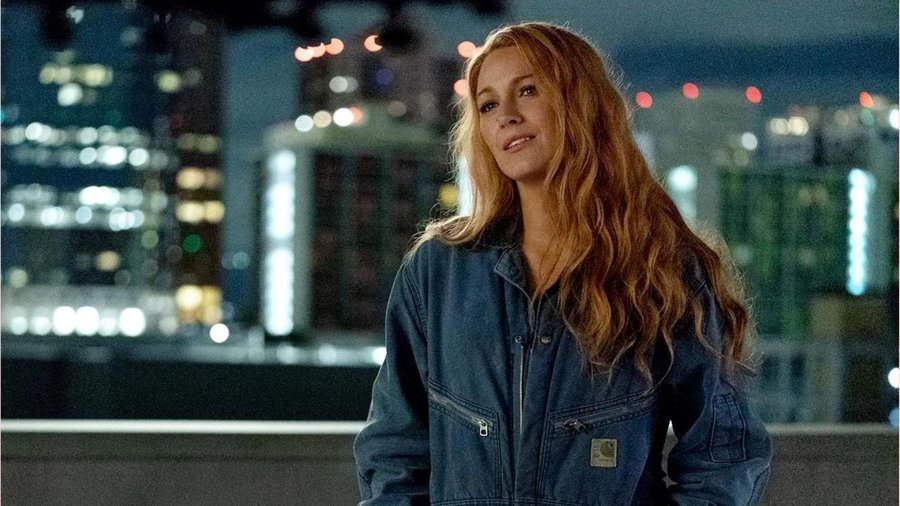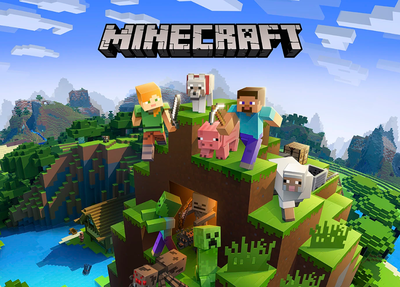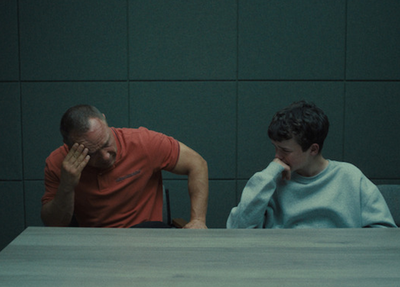
Detailed impactful content guide: It Ends with Us
Caitlin on Aug. 15, 2024
Warning: The film has been given an unrestricted M rating meaning it’s suitable for mature audiences 16 years and over. The content warning includes domestic violence and sexual violence references. This guide contains spoilers for the film and discusses content that might be challenging for some viewers.
What’s it about?
Based on the Colleen Hoover book by the same name the film follows Lily Bloom, a budding florist who recently moved to Boston and who is dealing with the death of her father. She meets and begins a complicated relationship with Ryle, a neurosurgeon. As their relationship progresses, Ryle’s abusive behaviour slowly comes to light, but when a former boyfriend comes back into Lily’s life, Ryle’s jealousy really takes control. He is both physically and sexually abusive towards Lily.

Domestic violence scenes
Intimate partner violence is a major theme throughout the film.
A flashback scene where Lily’s Dad is hitting her mum is repeated at least three times in the film. He pins her to the couch as she screams. Sometimes the scene is from Lily’s POV, other times it shows Lily’s shocked face watching what is happening.
Ryle is cooking Lily breakfast, they become distracted, and the breakfast begins to burn. Ryle reacts by opening the oven and trying to pull out the breakfast with his bare hands. He burns his hand and cuts it on glass. Lily tries to help him, but he slaps her with the back of his hand across her face and she falls to the ground. Her breathing is quick, and she is clearly in shock. Ryle apologises instantly and helps her. This scene is shown twice so that two different interpretations of the event can be seen by the viewer. In the second showing the viewer is able to clearly see that he does strike her across the face. The first showing makes it slightly unclear.
Ryle finds Atlas’ phone number hidden in Lily’s phone case. Off screen he smashes a lamp and angrily throws something on the ground, storming from their apartment. Lily runs after him trying to explain and calm him down but Ryle pushes her down the stairs. She wakes up to him attending to the wound on her head and telling her that she slipped, and he tried to catch her. This scene is also shown twice and in the later one it’s clearer that he did push her down the stairs. Both scenes demonstrate gaslighting as the abuser attempts to make her disbelieve her own experience or at least create confusion about the facts of the situation.
In the scene where Ryle tries to rape Lily (detailed further below) he bites her on her collar bone where she has a heart shaped tattoo. The significance of the tattoo could imply that he was attempting to bite the tattoo off. In a following scene she has bruising and you can see where his teeth have pierced her skin.
Violence
After the scene where Ryle hits Lily while cooking breakfast they go out for dinner where they run into Atlas, Lily’s ex-boyfriend. While serving the table Atlas sees Lily’s black eye and storms away from the table. Lily goes to the bathroom and Atlas follows her in. He confronts her about what happened and asks her to leave him. As they leave the bathroom Ryle sees them both come out, assumes the worst and a fight breaks out between the two men. Atlas pushes Ryle up against the wall, they both get in a few punches and yell at each other. Lily tries to break up the fight and then runs after Ryle.
In a flashback scene Lily’s dad beats up Atlas after finding the young couple in Lily’s bed. The scene cuts to Atlas in a stretcher getting pushed into an ambulance. He is covered in blood. Lily later mentions that her dad ‘almost killed Atlas’.
Sexual violence scenes
Both Lily’s flower shop and Atlas’s restaurant are featured in a local magazine, including an interview where Atlas talks about a girl he knew in the past and how she was the inspiration for the name of his restaurant. In a jealous rage, Ryle attempts to rape Lily. He pins her down on the couch, forcing himself on her. She is repeatedly saying no, becoming more frantic, and trying to get away. He keeps saying “I need to show you I love you”. Lily manages to get away and leaves the apartment. This scene is drawn out and it is clear that Ryle intended to sexually assault her. He isn’t listening to her and she is visibly scared, yelling at him to stop. It is later found out that she is pregnant when this happened.
Suicide
Atlas tells Lily that he ran away from home with the intention to kill himself but after seeing her in the window next door he made the choice not to. Their resulting friendship and relationship saved him.
This is an unrestricted film that deals with some heavy themes. It might pay to check in with your young person if they have seen or are planning on watching the film. Here are some handy questions to start with if you are unsure on how to have the conversation:
- What was your favourite thing about the movie? Why?
- How did the story make you feel about the different types of relationships portrayed?
- Would you have done anything different to the main character?
- How did the film handle the heavy topics and are you confused about anything?
- What did you think about the ending?
- What are your perceptions of the villain character?
These questions can be used for films, series and even video games, and if you ask them often this will begin to encourage young people to critically think about what they are watching on their own.
Before you press play on anything you watch or play, make sure you check the warning note to get a good understanding of what challenging content might pop up. And if you are watching with other people, check in with them and see what they like, and more importantly what they really don’t like watching. Remember, spoilers are no longer a thing when trauma is involved.
If you are planning on watching something that does contain heavy themes and scenes, remember these tools to keep yourself safe.
- If it is popular, it doesn’t mean you need to watch it
- Check in with yourself and listen to how you are feeling.
- You can take breaks if you need a breather - the movie or series isn’t going anywhere.
- Really not feeling good? Turn it off.
Maybe you watched something earlier that day, that week, that month and you still can’t forget it. Reach out for help. Filmmakers intend to make an impact with what they create but this shouldn’t be at the detriment of your mental health.
Helplines
The domestic and sexual violence themes could be upsetting for some viewers, especially for those who have gone through similar experiences. If you are struggling with what you have seen on-screen please reach out for help. If you or someone you know needs to talk:
Further reading
- It Ends with Us – Content breakdown
- When trauma is involved, there are no spoilers - Blog
- Why do people hate Colleen Hoover? We explain as It Ends With Us drops - RNZ
Subscribe to our blog
Stay up to date with the Classification Office blog.


